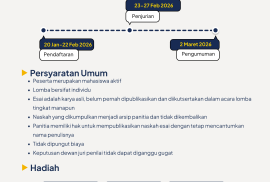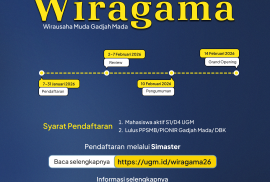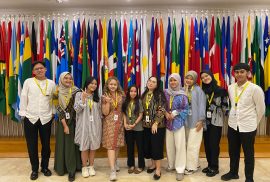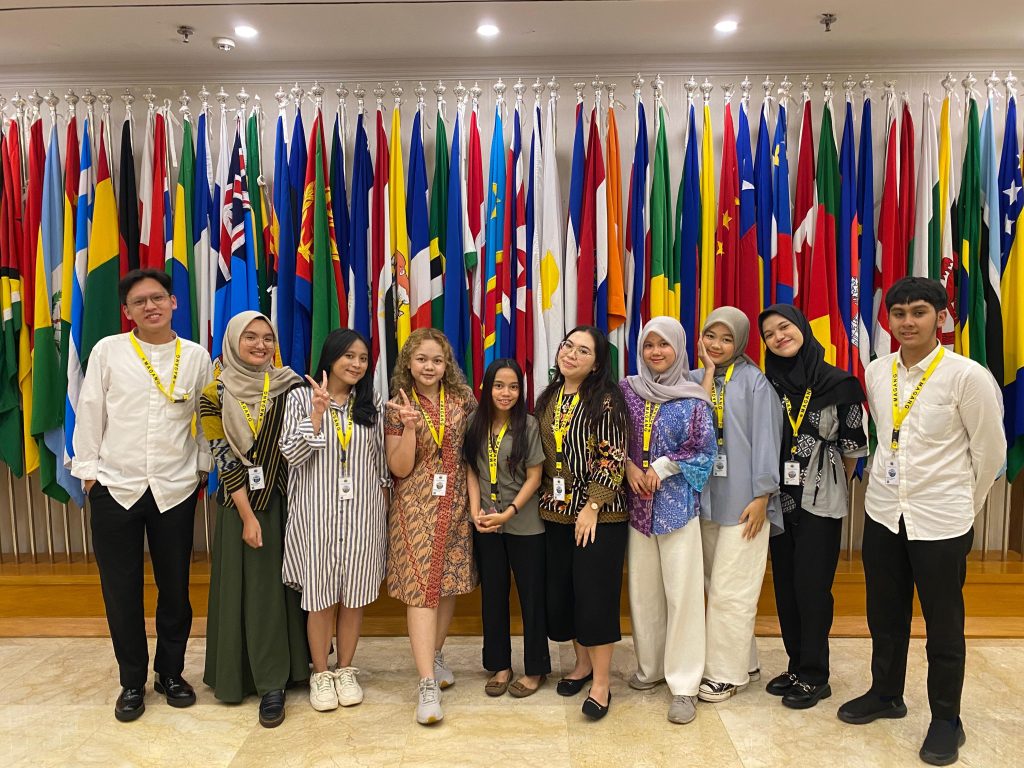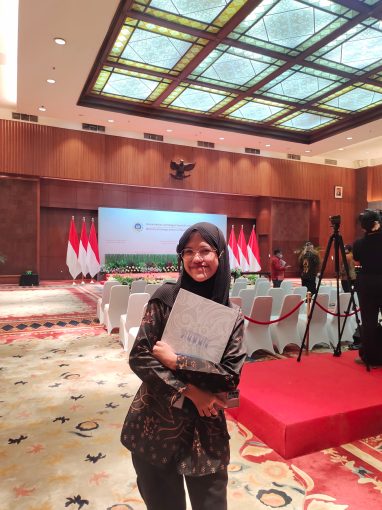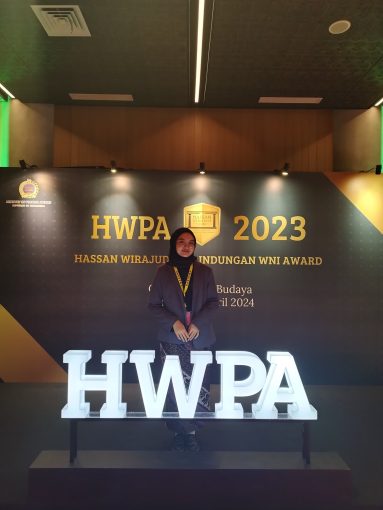PLN UID East Java Holds the 2026 National K3 Essay Competition
Uncategorized Wednesday, 28 January 2026
In commemoration of the 2026 National Occupational Safety and Health (K3) Month, PLN UID East Java is organizing a National Essay Competition for active university students across Indonesia. The competition carries the theme “The Role of Students in Strengthening the Occupational Safety and Health (K3) System in the Electricity Industry” and aims to enhance awareness as well as encourage the active contribution of young generations to the implementation of Occupational Safety and Health practices in the electricity sector.
This essay competition is free of charge and is open to all active university students. Submitted essays must be original works unpublished and have not been previously submitted to any similar competitions
📅 2026 National K3 Essay Competition Timeline
- Registration and essay submission : January 20 – February 22, 2026
- Judging process : February 23 – February 27, 2026
- Announcement of winners : March 2, 2026
For detailed information regarding competition requirements, writing guidelines, and registration procedures, please visit the following link:
👉 [https://linktr.ee/plndistribusijawatimur]
Through this competition, PLN expects students to actively contribute innovative ideas to strengthen the K3 system and support the creation of a safe, healthy, and sustainable work culture in Indonesia’s electricity industry.

